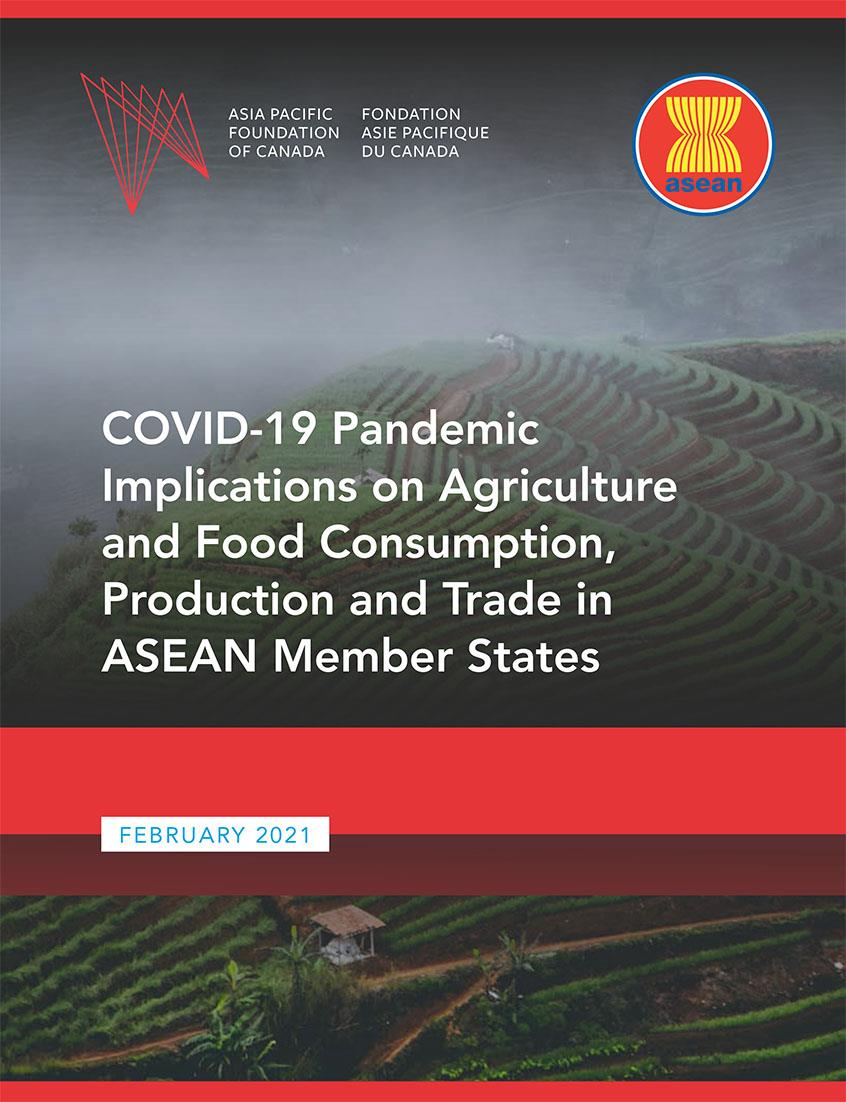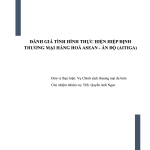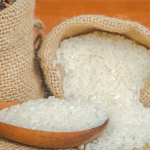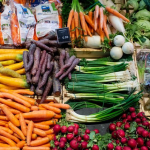Total number of posts 50.
 Time: 03/2021
Time: 03/2021
By: Asia Pacific Foundation of Canada
As the coronavirus disease (COVID-19) continues to spread worldwide, the global economy is falling into recession. In the absence of a functioning, targeted and widely distributed vaccine, precautions taken to limit the spread and severity of the coronavirus have, to a large degree, curtailed peoples’ movements and economic activity, driving many economies into recession. Like other regions worldwide, ASEAN has felt the adverse impacts of COVID-19 on its peoples’ health, economy, and general well-being. Among these, the agriculture and food trade sector play a critical role within the economy and health and well-being of the society. In this context, the Asia Pacific Foundation of Canada, in collaboration with the Senior Officials Meeting of the ASEAN Ministers on Agriculture and Forestry (SOM-AMAF), undertook an overview study of the pandemic implications on agriculture and food trade in ASEAN. This study assesses and discusses ways and means of limiting the COVID-19 pandemic’s adverse impacts on food security and disruptions to trade and agri-food value chains within the ASEAN region. It identifies three broad categories of actions – immediate action, short-term action, and long-term effort – to guide ASEAN’s regional policy on post–COVID-19 recovery. The views expressed in the study are those of consultants and do not necessarily reflect the view of the ASEAN Secretariat or the SOM AMAF.
The document is attached here.














